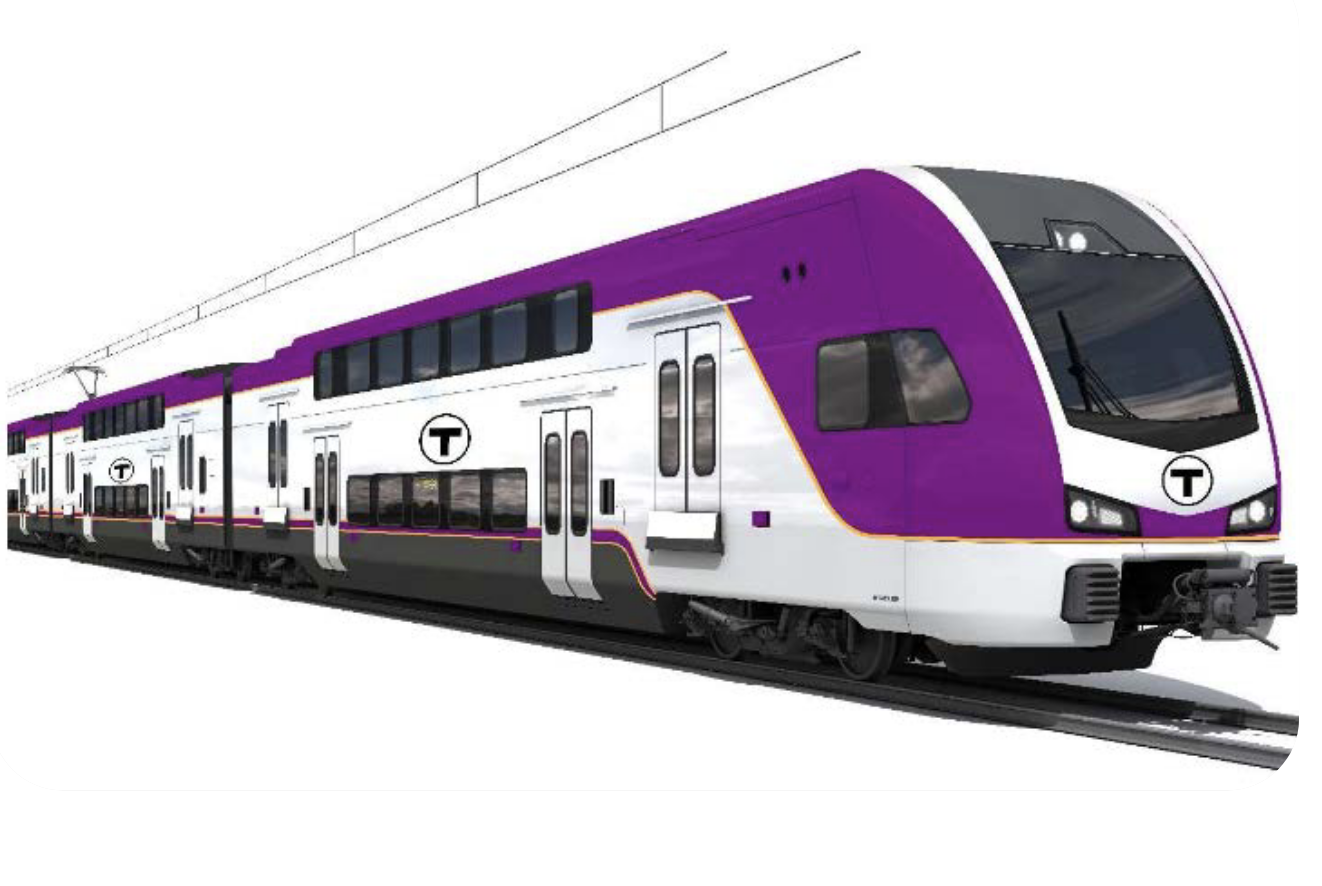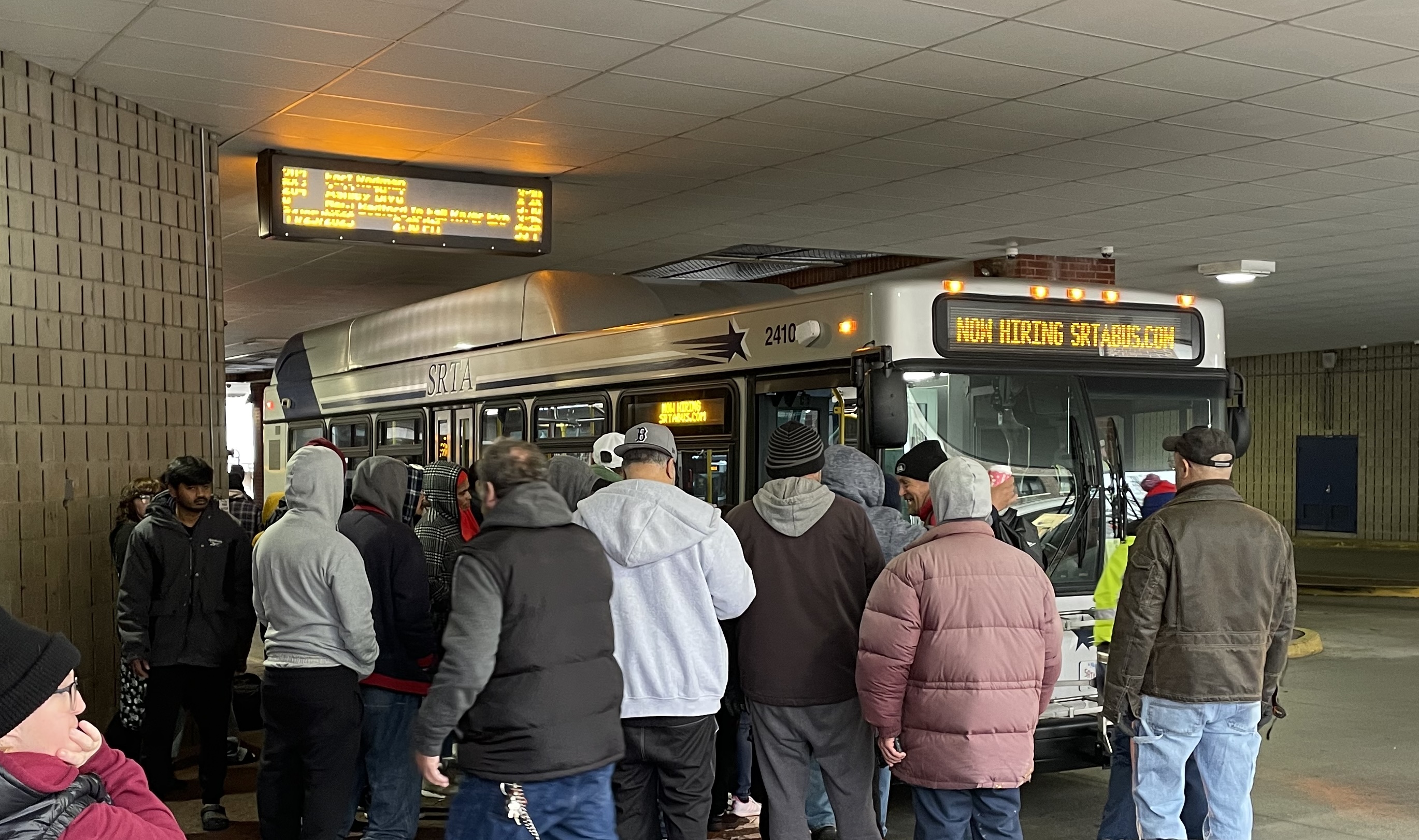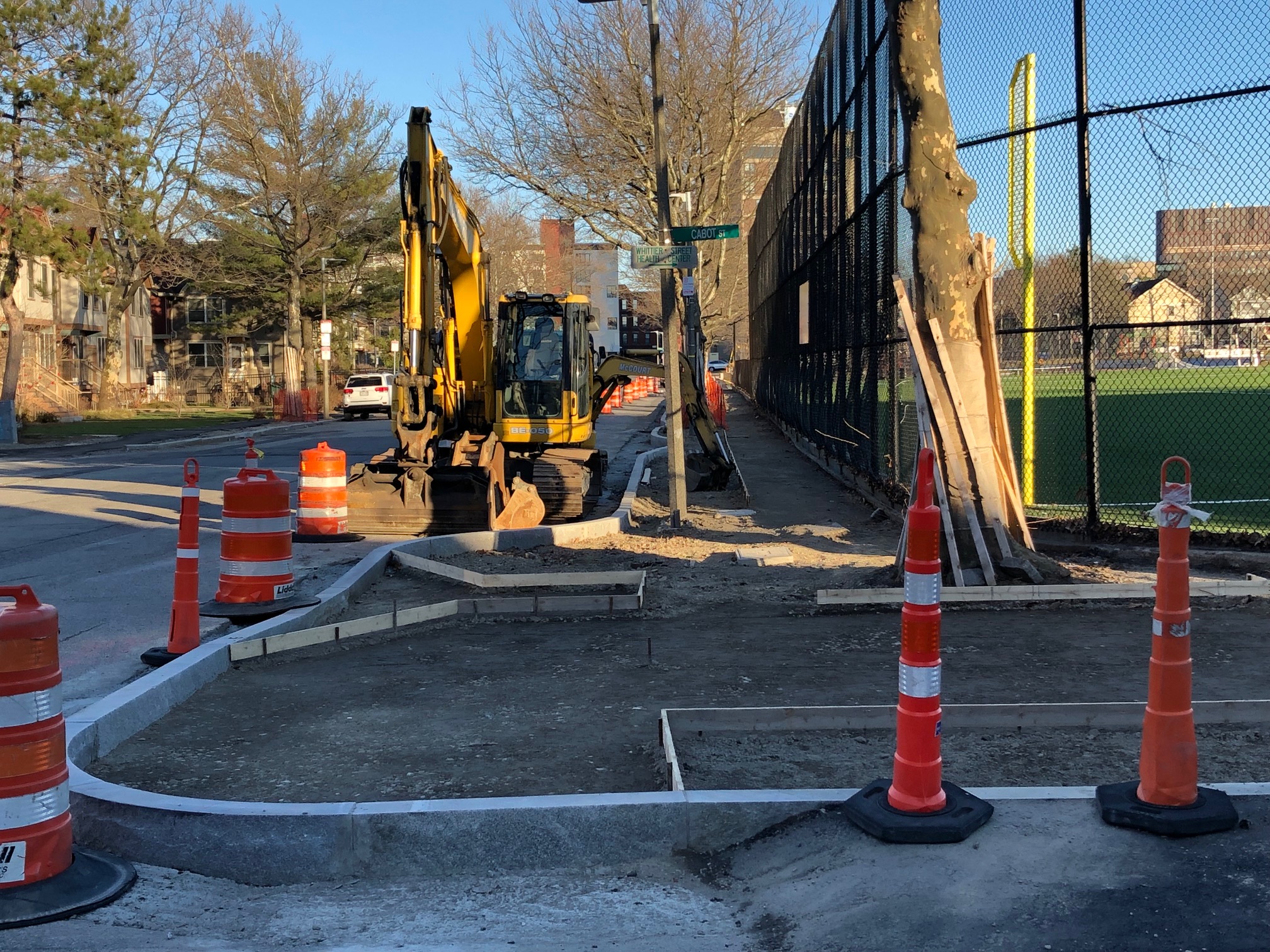This November, Massachusetts voters will decide whether to keep or repeal a new law that supporters say make our roads safer by allowing undocumented immigrants to apply for a driver’s license.
Earlier this summer, the Work and Family Mobility Act became law after both the state Senate and House of Representatives overturned a veto from Governor Charlie Baker. The law would grant all Massachusetts residents, regardless of immigration status, the ability to apply for a driver’s license or a driver’s permit.
But opponents of the law gathered enough signatures to add Question 4 to this November’s ballot, in an effort to overturn the new law.
Now, advocates – including the members of the Massachusetts Vision Zero coalition – are fighting to keep the law in place under the Yes on 4 For Safer Roads campaign.
Supporters of the law argue that increasing the number of drivers who have taken and passed the state’s driving test will make our roads safer, since applicants will need to study and learn the official rules of the road in Massachusetts.
The campaign in favor of keeping the law recently launched a 30 second promotional video to continue the momentum.
“In 17 states with similar laws, passage led to declines in uninsured drivers and hit-and-run crashes. That’s why this measure is endorsed by over 60 law enforcement officials statewide—including most sheriffs, district attorneys, and all 42 police chiefs in the Massachusetts Major Cities Chief of Police Association,” according to a statement by Franklin Soults of Safer Roads MA, the campaign pushing to keep the law in place.
Connecticut has had a similar law in place since 2013 and seen positive results.
“Connecticut found a 9 percent decrease in hit-and-run crashes in the few years after it enabled drivers without status to obtain licenses,” according to a report by the Massachusetts Budget and Policy Center.
On June 30th, Rhode Island became the 18th state to authorize the issuance of driver’s licenses for all residents, regardless of immigration status.
“Soon, 29,000 taxpaying Rhode Islanders will be given legal, safe access to our roads,” said Rhode Island Lt. Governor Sabina Matos in a statement.
By comparison, Massachusetts has over 250,000 immigrants whose residency has not yet been formally authorized, according to a 2016 Pew Research Center report.
Extending driving privileges to undocumented Rhode Islanders is an important issue for our economy, equality, and public safety.
— Governor Dan McKee (@GovDanMcKee) June 30, 2022
It will give more Rhode Islanders the opportunity and access to further their education and career, which in turn benefits our entire state. pic.twitter.com/sARULZ5Gsr
In both Massachusetts and Rhode Island, applicants for driver’s licenses will be required to provide proof of identity as well as proof of residency through documents like an unexpired foreign passport or an original birth certificate.
Additionally, applicants must pass a road test and be in compliance with insurance requirements.
“Both Utah and New Mexico saw dramatic decreases in their rates of uninsured drivers when they began licensing drivers regardless of immigration status – by 80 percent and 60 percent,” according to the Massachusetts Budget report.
Opponents aren’t disputing the benefits that the new law would bring to roadway safety.
Instead, they promote concerns that the law could lead to voter fraud – a fear that Governor Baker himself promoted when he attempted to veto the law earlier this year.
“Question 4 would jeopardize the integrity of state elections by opening a backdoor for undocumented immigrants to use driver's licenses to vote,” reads a statement posted on the website of Fair and Secure Massachusetts, the coalition advocating to overturn the law.
However, the law states that anyone applying for a driver’s license or permit who does not provide proof of lawful presence will not be automatically registered to vote, and will not be able to obtain a REAL ID, an identification that can serve as proof of U.S. citizenship or lawful presence.
If Massachusetts voters vote to keep the law in place, it would become effective in July 2023.






